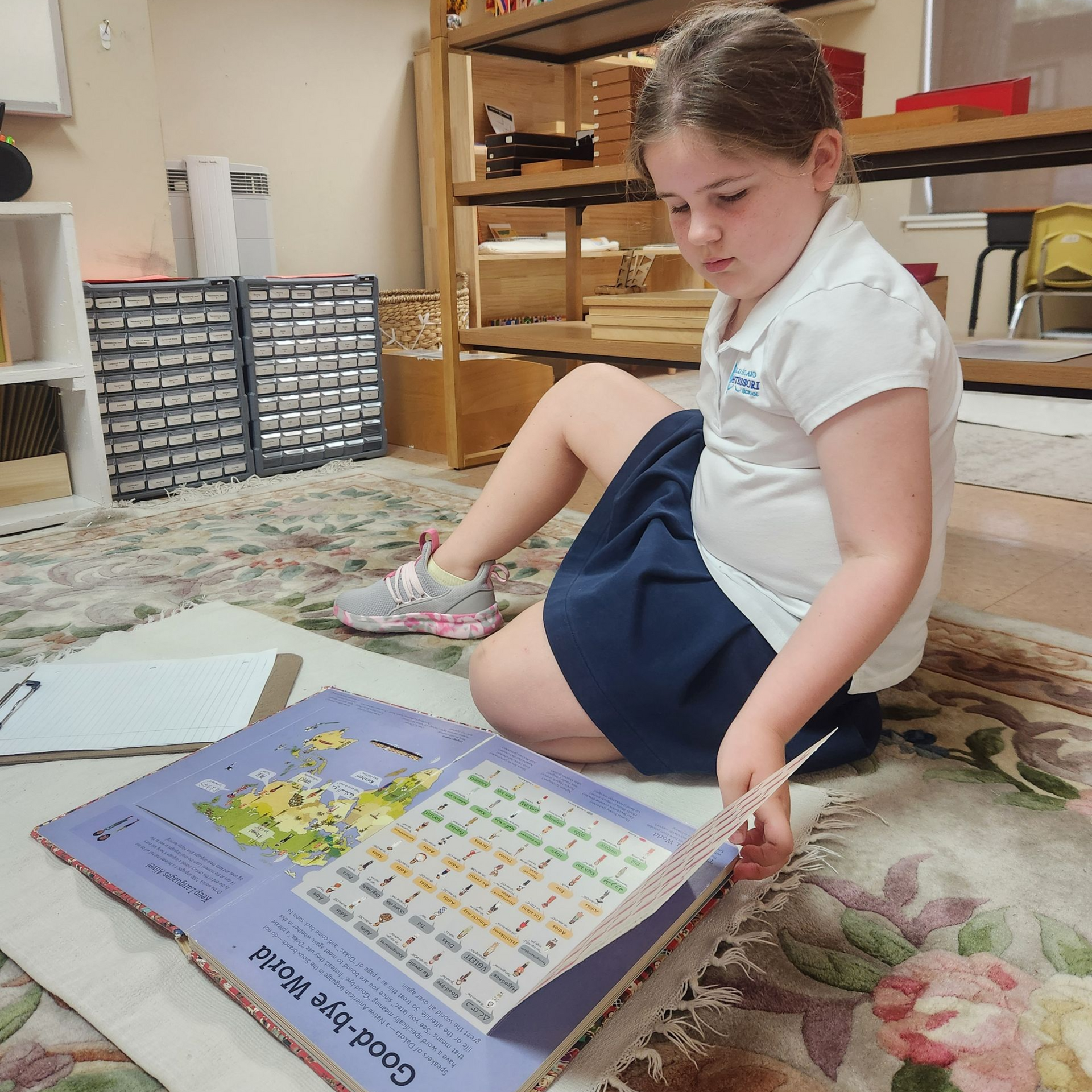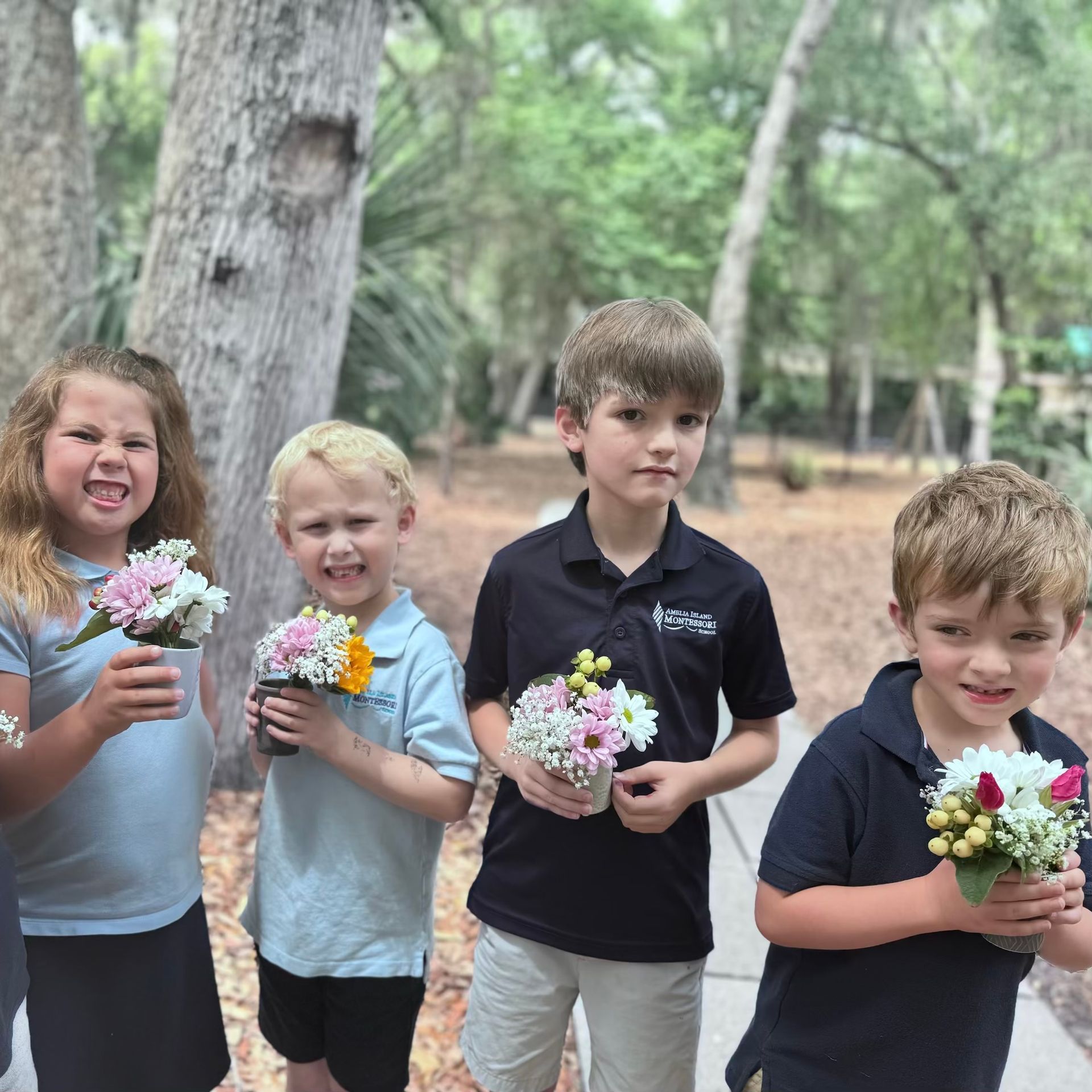
Montessori dives in from the start - igniting curiosity and wonder early on.
Montessori education introduces children to six foundational areas of learning: Language, Geometry, Math, Biology, Geography, History, and Practical Life. Unlike traditional school settings that often delay science and cultural studies until later years, Montessori dives in from the start - igniting curiosity and wonder early on.
Science and Culture Through Storytelling
In Lower Elementary, we begin our exploration of science and history through storytelling - a core element of the Montessori approach. Within the first two months, children hear the First Great Story: The Beginning of the Universe, the Second Great Story: The Beginning of Life, and the Third Great Story: The Beginning of Humans. These captivating narratives are paired with hands-on experiments and visual displays that deepen engagement and spark inquiry.
The results are inspiring: children discover personal interests within science and cultural studies and follow those passions with enthusiasm. Already, our students are actively exploring atoms, the periodic table, and land and water formations—driven by genuine curiosity.
Celebrating Global Cultures
We’re about to begin our cultural study of Asia, a beloved journey in the classroom. Last year’s studies of Africa and South America were a tremendous hit, with children eagerly immersing themselves in the traditions, geography, and daily life of each region.
This global exploration offers more than just knowledge - it cultivates perspective. By learning how people live across continents, children develop empathy and appreciation for diversity. It’s one of the many ways we nurture a key AIMS value:
open-mindedness.


